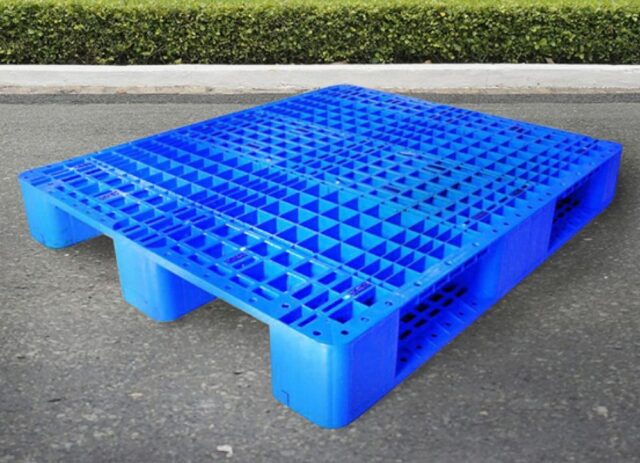
Are you looking to boost productivity by investing in plastic pallets? Look no further – Discover the numerous uses of plastic pallets in various industries to leverage maximum benefits!
They are reliable, safe, and cost-effective, making them an easy choice for businesses.
Types of Plastic Pallets
There is a large variety of plastic pallets to choose from, each designed for a certain purpose. Depending on the needs of the company and the environment in which the plastic pallets will be used, there are some options that are more suitable than others.
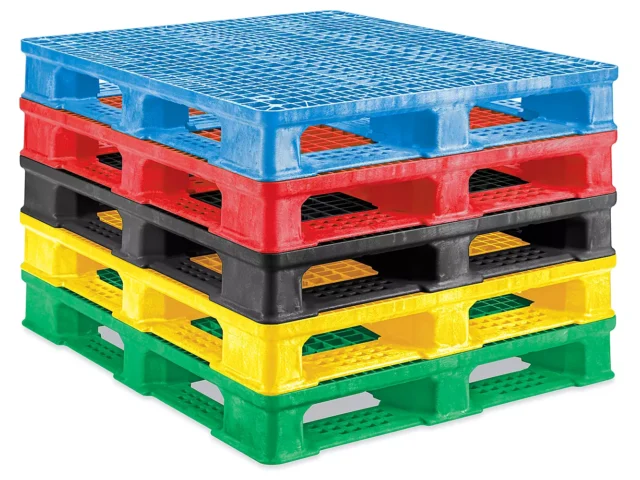
– Reusable
These types of pallets come in a range of sizes and can be used numerous times without damage or degradation. These are ideal for transporting heavier loads and because they are made to be easily scrubbed clean, they’re suitable for industries like food processing.
– Nestable
Nestable plastic pallets take up less storage space when not in use as they can be stacked upon one another for easy storage. They are strong enough to carry lighter loads and usually weigh much less than other types of pallets, which makes them perfect for when costs must be kept low.
– Rackable
Rackable types of plastic pallets are designed to fit securely onto racks and shelves, making them ideal for warehouses with tight spaces. Again, these can take heavy workloads if necessary but can also benefit from extra features such as anti-slip surfaces or drainage holes.
– Hygienic
If items transported between sites need to remain completely sanitary then hygienic plastic pallets could be an ideal option as they offer an increased level of protection against bacteria or even infestations.
– Export
Export models have been created with durability that makes them ideal for international shipping as they do not need any form of additional heat treatment before passing through customs clearance controls.

Applications in the Food Industry
In the food industry, maintaining hygienic conditions and safe handling of products is vital. As a result, plastic pallets are highly sought after, as they can be easily sanitized and provide many other benefits. They help to improve the safety and efficiency of food supply chains.
Plastic pallets are used in both processing and transportation. In processing, they are often used as work surfaces or storage containers for prepared foods, ingredients, or raw materials in extreme temperatures between -40°F to +180°F without compromising the stability of the product. Plastic also won’t spread hazardous microorganisms that can arise from repeated use of wooden material in wet environments because it is non-porous, helping to keep food products contamination free. Furthermore, these pallets are much lighter than wood allowing them to be easily transported from one location to another.
In transportation applications for food supply chains, lightweight and durable plastic pallets reduce freight costs by allowing for a higher density of cargo on truck beds or railcars making them a cost-effective choice for companies transporting their goods long distances over land or sea. Moreover, plastic’s waterproof capabilities increase product shelf life by protecting against the moisture damage that could occur during extended periods out at sea or in humid warehouses as well as providing protection against pest infestation from wood-loving critters like moths and larvae which can cause contamination.
Additionally, plastic is highly resistant to extreme temperatures making it an excellent choice for perishable shipments like chilled foods so they remain safe when going long distances around the world!
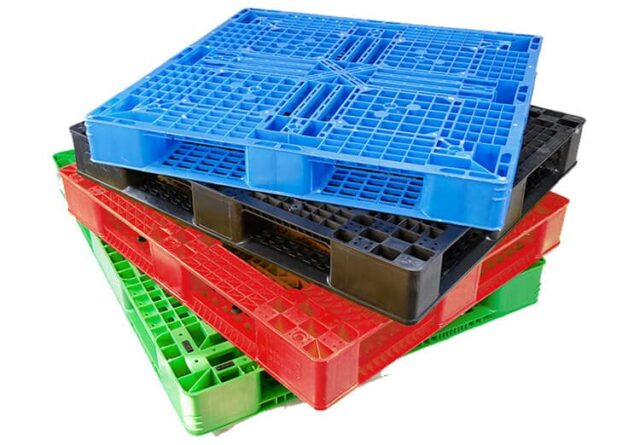
Applications in the Pharmaceutical Industry
The pharmaceutical industry requires packaging solutions that are safe and efficient. Plastic pallets provide a highly-customizable and affordable solution for transporting, storing, and distributing medical goods. They are lightweight, making them very easy to move around in restricted areas like hospitals, laboratories, and storage facilities where space may be limited.
Furthermore, plastic pallets can be designed to meet specific requirements for cleanliness including no seams or crevices; enclosed decking; smooth non-porous surfaces for easy cleaning and sanitizing; as well as FDA-compliant materials like HDPE or recycled plastics that are resistant to punctures. This helps ensure that medications remain uncontaminated during transit or storage.
Other benefits include the ability to easily implement RFID tracking systems in order to keep up with current inventory levels quickly without needing to search through manual logbooks. Plastic pallets are even approved by the International Air Transport Association (IATA) for the safe transport of pharmaceuticals through airports or across borders!
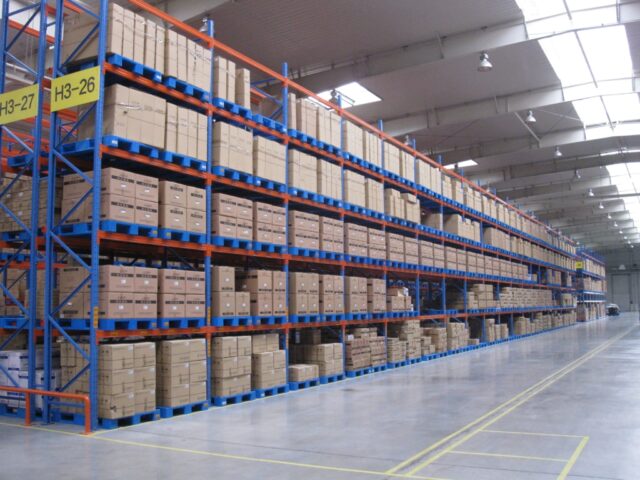
Applications Retail Industry
In the retail industry, plastic pallets are a versatile and invaluable storage solution. They can be used in a variety of applications, helping to keep goods organized and secure during transit. For example, plastic pallets are commonly used as shipping platforms by businesses sending out merchandise and supplies to customers. They provide efficient support while maximizing the use of limited space, both onerous tasks when sending large amounts of inventory.
The use of lightweight, standard-sized plastic pallets in the retail setting also makes it easier for businesses to comply with warehouse and shipping company regulations for palletized cargo size limits. In addition, since plastic is resistant to infestation by pests such as rodents and insects, this is an added benefit for retailers who are often required to meet these pest standards.
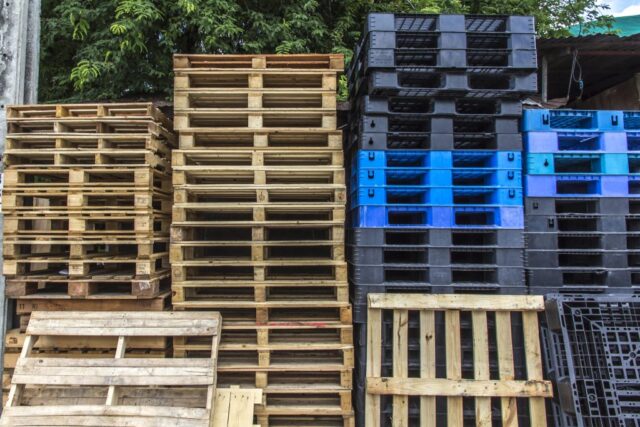
Applications in the Automotive Industry
In automotive production plants, plastic pallets have been widely used for the transportation of components such as engines, seats, dashboard components, etc. The use of plastic pallets not just enhances safety during storage and transportation but also helps to keep dust and dirt away from these components during movement within a plant or from one plant to another. This reduced possibility of scratching surfaces or damaging any precision toolings attached adds value to its application in the automotive industry compared to other alternative solutions available like wood or metal pallets.
Durability is another factor that gives an edge to plastic over wood ones in tough assembly environments where traveling speed is very high due to tight deadlines and which involves a lot of fork lifting activities including frequent loading and unloading operations while passing through multiple machines resulting in load transfers between different lines multiple times throughout their life cycle.
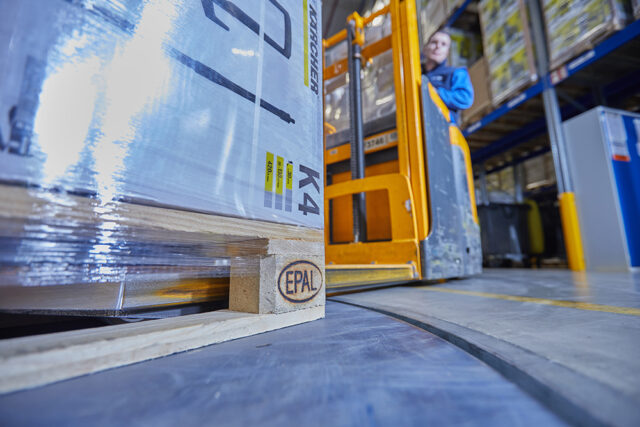
Conclusion
In conclusion, plastic pallets are a highly versatile and efficient resource in industries and warehouses around the world. They are available in a variety of sizes, shapes, colors, and design features. They provide ample storage capacity with lasting durability that eliminates costly replacement or repair costs.









